Animal Farm – How Does Orwell Present the Character of Snowball?
Introduction:
In Animal Farm, George Orwell presents Snowball as an intelligent, passionate and idealistic pig who is initially one of the leaders of the animal rebellion.
Snowball’s character represents Leon Trotsky, one of the key figures of the Russian Revolution, and through him, Orwell explores themes of leadership, propaganda and betrayal. While Snowball is committed to improving the lives of the animals, his downfall reveals the corrupting influence of power and the dangers faced by those who challenge authoritarian rule.
Key Points and Quotes
1️⃣ Snowball as an Intelligent and Visionary Leader
At the start of the novel, Snowball emerges as one of the most intelligent and forward-thinking animals on the farm.
Key Quote:
“Snowball was a more vivacious pig than Napoleon, quicker in speech and more inventive.” (Chapter 2)
Analysis:
The comparative description highlights Snowball’s lively personality and sharp intellect. Orwell uses this to contrast Snowball’s idealism and innovation with Napoleon’s cunning and ruthlessness.
2️⃣ Snowball’s Commitment to Education
Snowball understands the importance of education in securing a better future for the animals.
Key Quote:
“The reading and writing classes were a great success. By autumn almost every animal on the farm was literate to some degree.” (Chapter 3)
Analysis:
This detail emphasises Snowball’s desire to empower the animals. Orwell presents him as a progressive leader, suggesting that education is a vital tool for liberation and social equality.
3️⃣ The Windmill as a Symbol of Snowball’s Ambition
Snowball’s plans for a windmill represent his vision for a modern, self-sufficient farm.
Key Quote:
“He talked learnedly about field drains, silage, and basic slag.” (Chapter 5)
Analysis:
Orwell uses this technical language to show Snowball’s intelligence and ambition. The windmill symbolises progress and innovation, while also foreshadowing the conflict between Snowball and Napoleon over the direction of the farm.
4️⃣ Snowball as a Victim of Betrayal and Propaganda
Snowball’s expulsion marks a turning point in the novel, as Napoleon seizes total control.
Key Quote:
“At this there was a terrible baying sound outside, and nine enormous dogs… dashed straight for Snowball.” (Chapter 5)
Analysis:
The sudden violence reflects the brutal tactics of totalitarian regimes. Orwell uses Snowball’s downfall to mirror Trotsky’s exile and to show how those who oppose dictatorships are ruthlessly eliminated.
Authorial Intent
Orwell, a democratic socialist, wrote Animal Farm as an allegory for the Russian Revolution and the rise of Stalin’s dictatorship. Through Snowball, he represents the idealistic leaders who are betrayed by authoritarian regimes. Orwell critiques how revolutions often begin with noble intentions but are quickly corrupted by those who seek absolute power. Snowball’s character embodies the hope for a fairer society and the tragic fate of those who challenge oppressive leadership.
Snowball’s character in Animal Farm symbolises the potential for positive change and the dangers posed by tyranny. Orwell presents him as intelligent, idealistic and brave, but ultimately powerless against Napoleon’s cruelty and manipulation. His fate serves as a powerful warning about the betrayal of revolutionary ideals and the fragility of justice under dictatorship.
Need Help Preparing for Your GCSE English Literature Exam?
If you’re revising Animal Farm, Macbeth, Jekyll and Hyde or An Inspector Calls, I can help you build strong essay skills, tackle trickier characters and themes, and boost your confidence ahead of your GCSE exams. Whether you’re aiming for a secure pass or pushing for a Grade 9, personalised tutoring can make a real difference.
I offer online support and in-person sessions across areas including Bramhall, Cheadle, Didsbury and surrounding parts of South Manchester.
Get in touch via my Contact page if you'd like a private tutoring quote and a relaxed conversation about how I can help.

